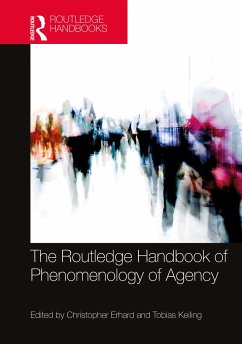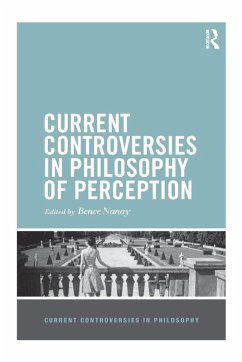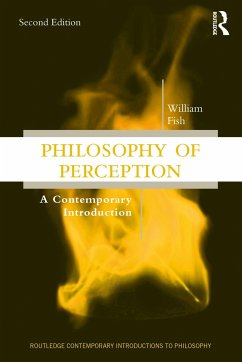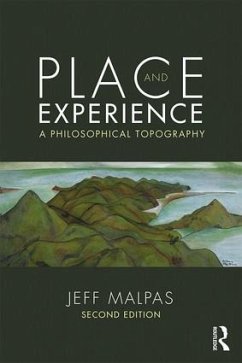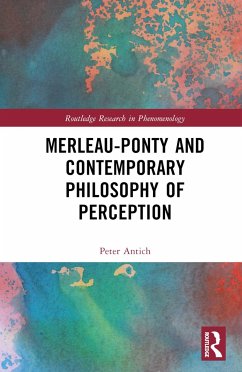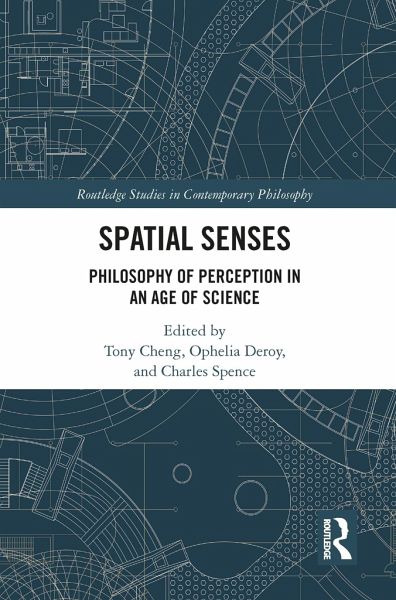
Spatial Senses
Philosophy of Perception in an Age of Science
Herausgegeben: Cheng, Tony; Deroy, Ophelia; Spence, Charles
Versandkostenfrei!
Versandfertig in 6-10 Tagen
46,99 €
inkl. MwSt.
Weitere Ausgaben:

PAYBACK Punkte
23 °P sammeln!
This collection of essays brings together research on sense modalities in general and spatial perception in particular in a systematic and interdisciplinary way. It updates a long-standing philosophical fascination with this topic by incorporating theoretical and empirical research from cognitive science, neuroscience, and psychology. The book is divided thematically to cover a wide range of established and emerging issues. Part I covers notions of objectivity and subjectivity in spatial perception and thinking. Part II focuses on the canonical distal senses, such as vision and audition. Part ...
This collection of essays brings together research on sense modalities in general and spatial perception in particular in a systematic and interdisciplinary way. It updates a long-standing philosophical fascination with this topic by incorporating theoretical and empirical research from cognitive science, neuroscience, and psychology. The book is divided thematically to cover a wide range of established and emerging issues. Part I covers notions of objectivity and subjectivity in spatial perception and thinking. Part II focuses on the canonical distal senses, such as vision and audition. Part III concerns the chemical senses, including olfaction and gustation. Part IV discusses bodily awareness, peripersonal space, and touch. Finally, the volume concludes with Part V on multimodality. Spatial Senses is an important contribution to the scholarly literature on the philosophy of perception that takes into account important advances in the sciences.










